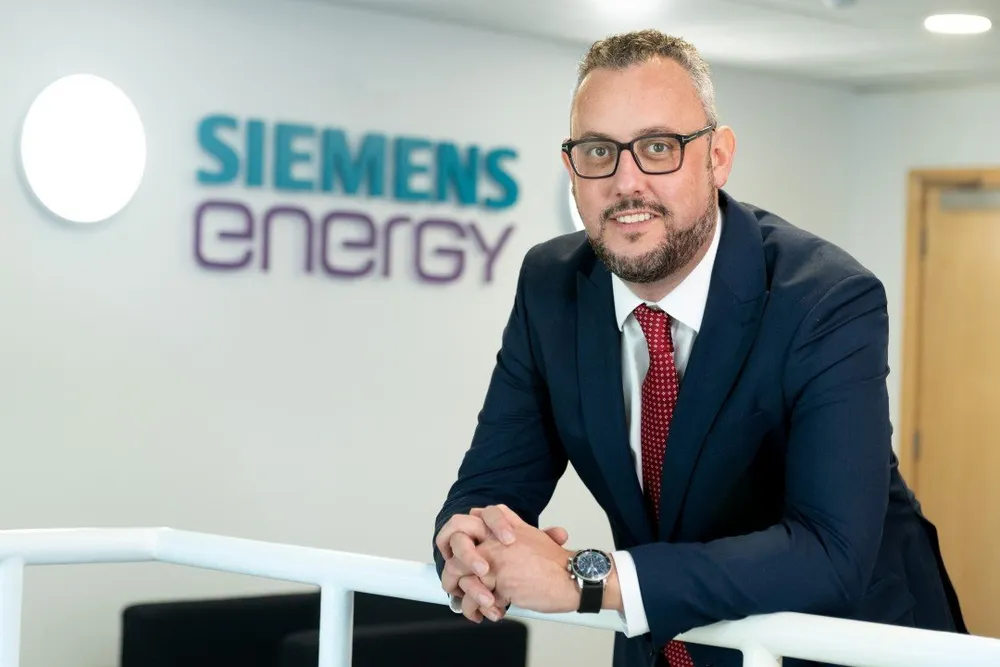Siemens Gamesa chief weighs in on foreign competition as Mingyang circles
New competitors from outside Europe must commit to local supply chain and jobs, said Siemens Gamesa exec, who also discussed industry need to get to grips with 'true cost' of turbines

New market entrants must commit to playing by the same rules as everyone else, says the vice president of Siemens Gamesa in the UK, as China’s Mingyang is tipped to land its first wind turbine deal in the country and set up a Scottish factory.
Previously, he said they have achieved that with “two or three” turbine suppliers for the market. “Going forward, I think it all depends on future auction rounds.”
Siemens Gamesa is clear that it is "not against competition,” he said. But it’s “really important that there's a level playing field”.
Siemens Energy, including Siemens Gamesa, is a “really sizable organisation” with 6,600 employees and has “invested massively in the UK,” to the tune of £1bn ($1.36bn) over a decade across its portfolio, he said.
“If there is to be competition from outside Europe,” with Chinese suppliers the elephant in the room, he said they must commit to establishing supply chain and jobs in the UK to compete on the "same terms".
Davidson said it is important that there has been “consistent messaging” on the importance of there being a “level playing field” with foreign competition.
UK must end ‘yearly obsession’ with auction rounds
Davidson, who aged 16 became an apprentice engineer at a business that is now part of Siemens Energy in Newcastle, where he remains based, stressed that having a stable pipeline of new UK offshore wind projects is “vital” to support the supplier’s facilities.
Siemens Gamesa has “ramped up capacity significantly” in its Hull turbine blade factory, which makes 108-metre blades for the OEM’s largest 14MW-plus turbines, over the last decade, he said, “from nothing to 1,400 people now”.
Siemens Energy and Siemens Gamesa “really need” the next three annual auction rounds to be successful, said Davidson. “We need that surety to help provide workload for our factories, and help us serve the market.”
Having said that, Davidson added that he believes the UK must eventually “move away from this yearly obsession with auction rounds.”
When there is a lull in the UK pipeline, the Hull factory does look at supporting international projects instead, he said – adding that for this reason he is not unduly concerned about its future.
There's room to expand the factory further, he said, “but at the moment I think we're in a period of stabilisation.”
Sharply rising costs have been a feature of the offshore wind industry ever since Russia’s full-scale invasion of Ukraine in 2022 unleashed an energy crisis and spiralling inflation in Europe.
These cost pressures led Sweden’s Vattenfall to pull out of its Norfolk Boreas project – since sold to RWE – in the UK in 2023, while Orsted cited them as a reason for halting Hornsea 4 in May.
Davidson said that the industry “has seen some growth in the cost base” and it is crucial for the industry to get to grips with the “true cost” of wind turbines and associated services and to “factor that into” projects.
Having a stable pipeline of projects “gives us confidence and security on costs, gives us the ability to develop costs, to focus on cost reduction, to focus on innovation”.
(Copyright)